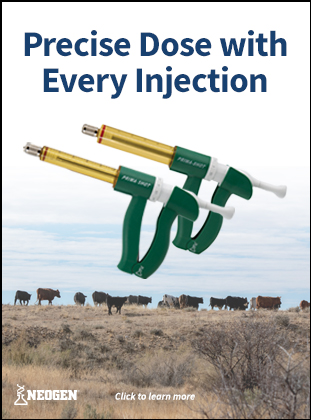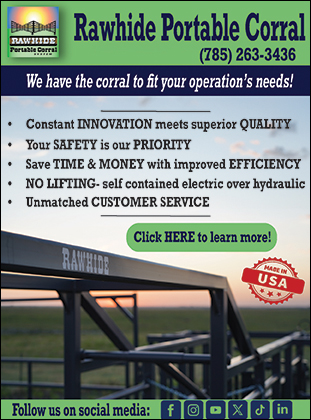Articles
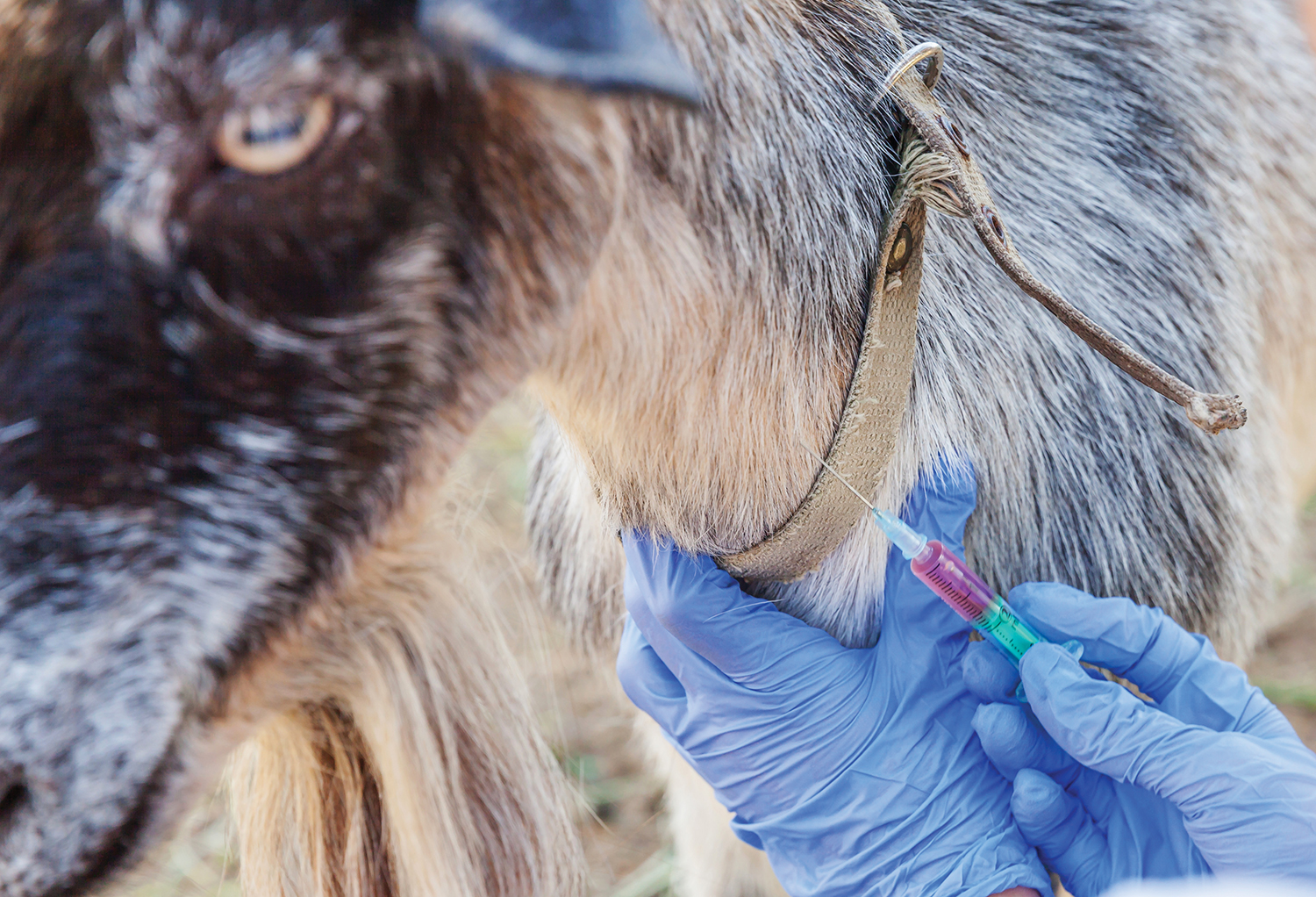
Goat Vaccination Program
Goat Vaccination Program Provided by Dr. Niki Whitley, The Cooperative Extension Program at North Carolina A&T State University Vaccination protocols should be developed in consultation with your local veterinarian and minimally aimed at preventing diseases in your herd. Recommended Vaccination The vaccine commonly known as “CDT” or “CD&T” is a vaccination for Clostridium perfringens type […]
READ MORE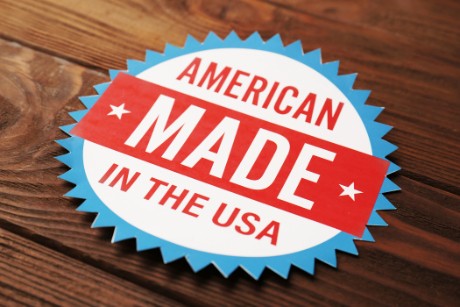
USCA’s Long Road to Truth in Labeling Secures Major Victory
Article courtesy of United States Cattlemen’s Association. U.S. Department of Agriculture (USDA) Secretary Tom Vilsack announced yesterday the finalization of a rule that would solidify voluntary “Product of USA” labeling claims. The United States Cattlemen’s Association (USCA) has worked tirelessly to clarify years of confusion at the consumer level regarding the labeling of US beef […]
READ MORE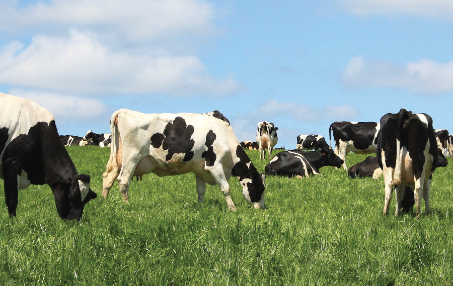
Technical Herd Management in the Modern Day
By Jaclyn Krymowski. For quite some time now, dairy herd management has been digitalized either partially or fully on most farms. But just like our smartphones, software and other forms of recordkeeping, digitalization continues to evolve. Simple updates, newer versions and straight up new competition in the marketplace keep us on our toes. The more […]
READ MORE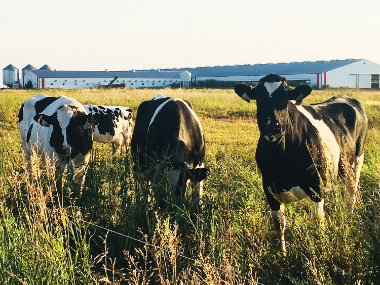
Regenerative Agriculture on a Dairy Farm
By Heather Smith Thomas. Paul and Erin Kernaleguen are dairy farmers and soil consultants near Birch Hills, Saskatchewan, committed to regenerative practices in growing forage for their cattle. They farm with Paul’s Parents, Jos and Brenda. “We were a very conventional dairy operation until 2012 when we started looking at doing some things differently because […]
READ MORE

